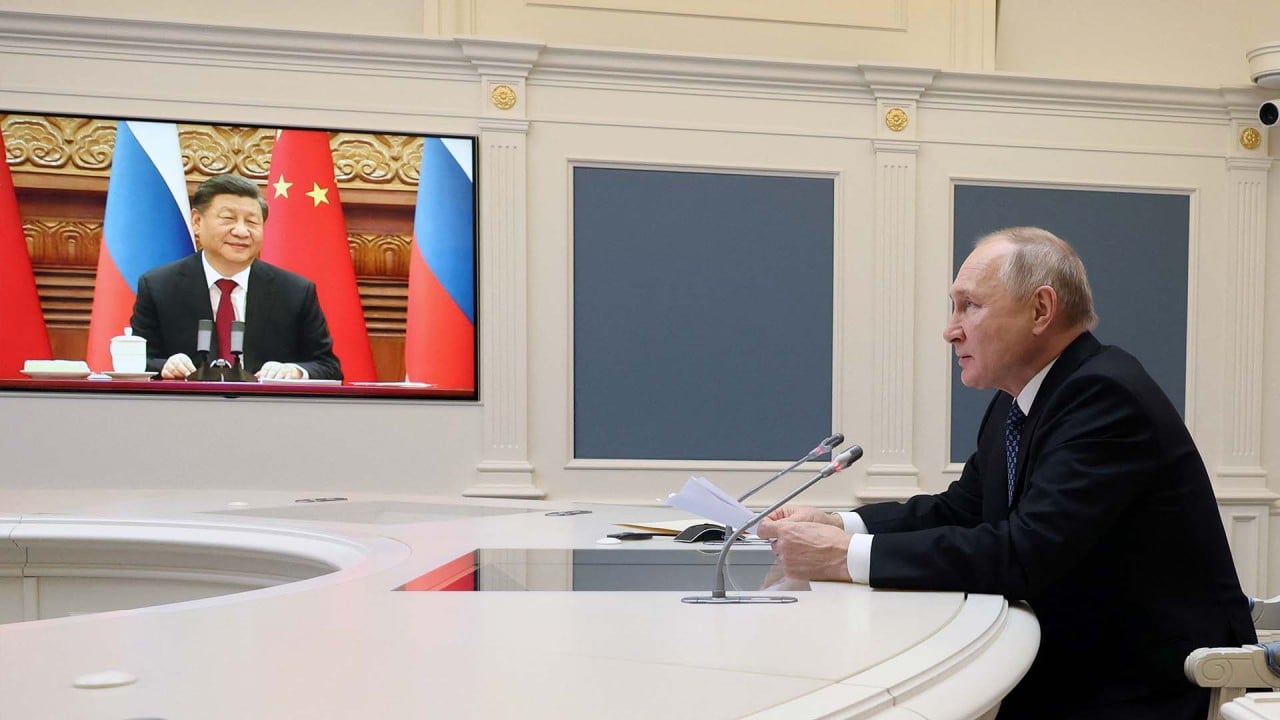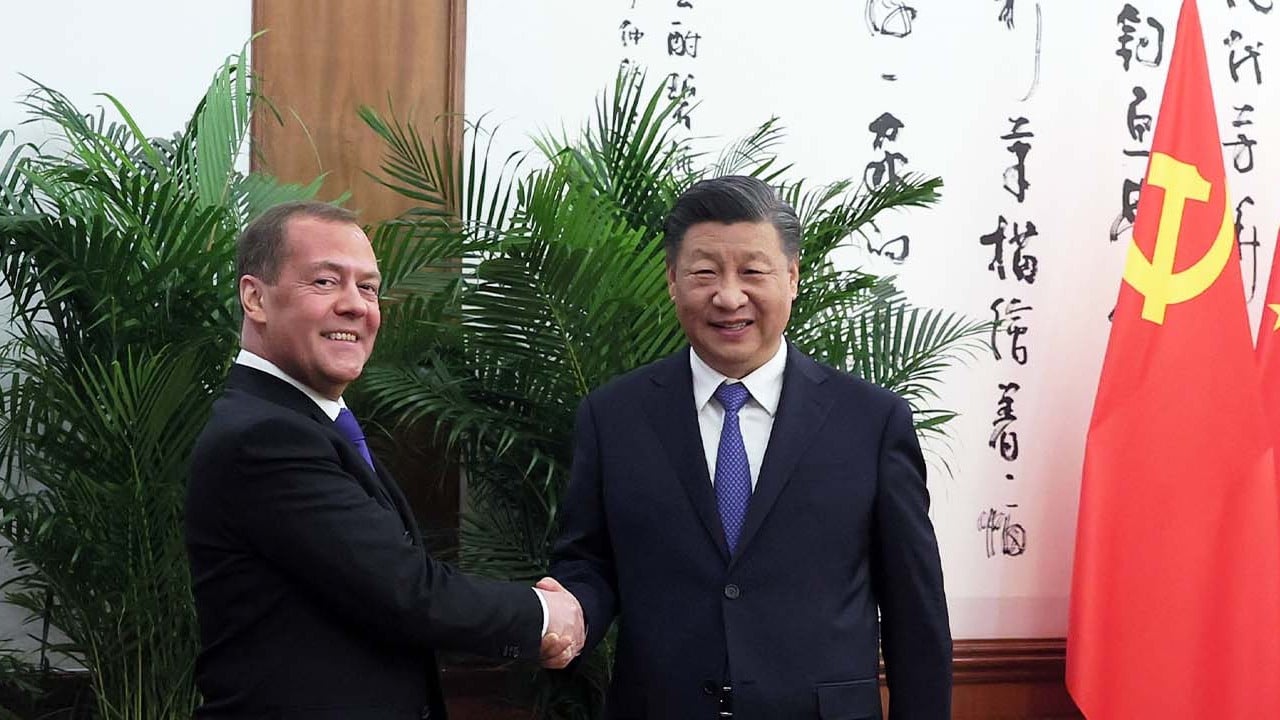
Xi Jinping expected to visit Moscow to further China-Russia ties, defying impression of split over Ukraine war
- Moscow says Xi’s visit will be a ‘main event’ on the two countries’ bilateral agenda
- Russian foreign ministry describes China as ‘a friendly nation in the current circumstances’
But they do not think the expected trip will signal changes in China’s stance on the conflict.
The announcement was made as Russia’s invasion of Ukraine, which was followed by Western-led sanctions, approaches its first anniversary on February 24.
“It’s crucial for President Xi to brief President [Vladimir] Putin about all of this [Blinken’s visit] so that he doesn’t get the wrong impression that the US is manufacturing another cold war-like split between their countries [China and Russia],” said Andrew Korybko, a political analyst at the Institute of Strategic Studies and Predictions at the People’s Friendship University of Russia.
He added that Beijing was under pressure from Washington to “distance itself even further from Russia than it already has”.
Russian President Vladimir Putin invited Xi during a year-end video call in December in which the two reaffirmed cooperation in multiple areas, including trade and energy. It would mark Xi’s first visit to the country since June 2019, when he also attended a three-day economic forum in St Petersburg.
“This year, Russia and China will join efforts to enhance and promote further bilateral relations between the two governments,” Russia’s state-owned news agency TASS said, citing the foreign ministry.
“As you know, [Putin] has invited [Xi] on an official visit this spring. We proceed from the understanding that this will be the central event in the bilateral agenda for 2023,” the ministry said.
Chinese satellite firm on US sanction list denies aiding Russia in Ukraine
It anticipates the resumption of in-person exchanges as China eased its Covid-19 measures.
Russian media have reported that China’s top diplomat Wang Yi will pay an official visit to Moscow on February 20, to which a spokeswoman with China’s Ministry of Foreign Affairs simply answered on Monday that China and Russia “remain in close communication on all levels”.
Korybko said economic cooperation and synchronising the two countries’ approaches to global changes – rather than the Ukraine war itself – were the primary objectives of Xi’s visit.
“China has expanded energy cooperation, as well as economic and financial relations, with Russia over the past year but neither its state nor private companies have dispatched lethal equipment to Russia, while some companies have departed from Russia in the past year – or at least drastically curtailed their operations due to threats of the US’ secondary sanctions,” Korybko said.
“The US doesn’t want China serving as a partial valve for Russia from some of the West’s toughest sanctions pressure, particularly that which concerns capping the price of its resource exports, and it of course doesn’t support their BRICS [Brazil, Russia, India, China and South Africa] de-dollarisation plans. Yet, there’s only so much it can do to pressure Beijing without risking the failure of their thus far impressive efforts to reach a new detente.”
He added that the BRICS nations’ decreasing reliance on the US dollar through a new basket currency would reduce currency risk and allow them to bypass US sanctions.
China has been Russia’s largest trade partner for more than a decade and Western sanctions on Russia over its war with Ukraine have seen their trade volume soaring.
As the anniversary of the Ukraine war approaches, Russia is China’s largest oil supplier, second largest supplier of pipeline gas and fourth largest provider of liquefied natural gas.
“In cooperation with our counterparts, we have been taking consistent steps toward fighting attempts by the United States to achieve global dominance by promoting the concept of a rules-based order,” the Russian foreign ministry said, describing China as “a friendly nation in the current circumstances”.
Russian oil is getting mixed in Singapore and re-exported, sources say
The ministry said that amid radical geopolitical changes, Moscow and Beijing effectively coordinated their foreign policy courses “to maintain global peace and stability, to settle regional conflicts, to overcome confrontation and promote a unifying agenda”.
China and Russia’s common vision for a “multipolar” world, in which no single country or group of countries dominates international relations, will naturally spill over to more economic exchanges, said Xu Qinduo, a political analyst at Chinese think tank, the Pangoal Institution.
“I expect further growth of bilateral trade to reach the US$250 billion goal ahead of the scheduled 2024, as both sides are committed to reinforcing their ties,” Xu said, adding that adopting their own currencies in trade has “significant long-term” implications.
Xu said Xi is returning a favour to Putin after the Russian president attended the opening of the Winter Olympics in Beijing last year.



